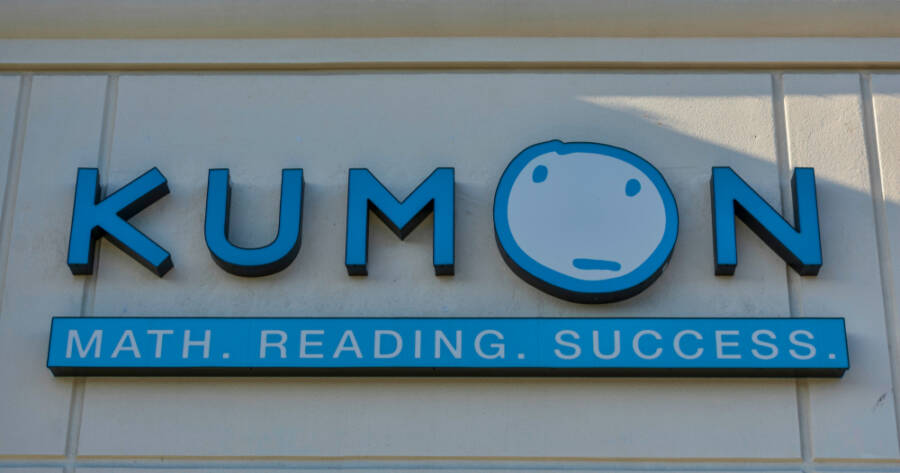Choosing the right math support for your child can feel overwhelming. Between popular programs like Kumon and the option of hiring a personal tutor, parents have several paths to consider. Each method offers unique advantages depending on your child’s needs, learning style, and goals. Break down both options to make the best choice for your family.
Understanding How Kumon Works
Kumon is a well-known learning center that focuses on self-paced practice. Students complete daily worksheets designed to build strong math skills gradually. The method is built around repetition, aiming to reinforce core concepts before moving to more advanced topics.
One of Kumon’s biggest advantages is its structured curriculum. Children follow a clear path, mastering each skill before advancing. This can be especially helpful for kids who need to strengthen basic skills like addition, subtraction, and multiplication. Kumon centers usually require regular attendance, often twice a week, and expect daily work at home to maintain momentum.
However, Kumon is not designed for personalized instruction. If your child struggles with a concept, the system encourages them to work through it using previous materials rather than getting direct explanations. This self-learning approach helps develop independence but may frustrate kids who need more guided support.
The Advantages of Hiring a Personal Tutor
A personal tutor offers a customized experience tailored to your child’s needs. Tutors can adjust lesson plans based on learning speed, gaps in knowledge, or even emotional hurdles like math anxiety. They can quickly shift focus if a student struggles with a topic or move ahead if mastery is shown early.
Another key advantage is the one-on-one interaction. Tutors provide immediate feedback, answer questions directly, and explain concepts in different ways if the first method doesn’t click. This dynamic approach often boosts a child’s confidence and encourages deeper understanding rather than just memorization.
Hiring a tutor can also be more flexible in terms of scheduling. Some tutors offer online sessions, allowing for even greater convenience for busy families.
Which Approach Best Matches Your Child’s Needs?
When deciding between Kumon and a tutor, consider your child’s learning style. If your child thrives on routine, repetition, and independent work, Kumon could be a good fit. It builds discipline and helps create a daily habit of academic focus. It is often a better choice for children who need to solidify foundational math skills steadily over time.
On the other hand, if your child needs a more interactive learning environment, a tutor may be the better option. Personalized sessions can adapt to different learning styles, helping kids who might feel overwhelmed or lost in a one-size-fits-all program. Students aiming for quick improvements in school performance often benefit from the targeted support that tutoring offers.
Additionally, consider your own availability and willingness to supervise. Kumon requires significant parental involvement to ensure daily work gets done, while tutoring typically places more responsibility on the tutor and student during set sessions.
Factors Like Cost, Commitment, and Goals
Both options require a commitment of time and money, but the level varies. Kumon usually operates with fixed monthly fees and a set schedule at its centers. In contrast, tutors may offer flexible packages but can vary widely in cost depending on experience and qualifications.
If your goal is long-term skill-building with minimal personalized instruction, Kumon may meet your needs at a lower overall cost. However, if your child has specific academic goals, such as passing an upcoming exam or catching up after falling behind, a personal tutor may be the smarter investment despite higher potential costs.
It’s also worth considering your child’s attitude toward learning. A child who resists independent work may benefit from the personal connection and encouragement a tutor can provide, making learning feel less like a chore.
Making the Right Choice
Choosing between Kumon and a personal tutor depends largely on your child’s individual needs and your family’s educational goals. If discipline, routine, and independent skill-building are priorities, Kumon offers a proven structure. For customized lessons, responsive feedback, and emotional support, a personal tutor may deliver better results.
In some cases, a blend of both methods could even be considered to maximize strengths from each approach. Whatever you decide, the key is ensuring that your child feels supported, motivated, and confident in their math journey.

